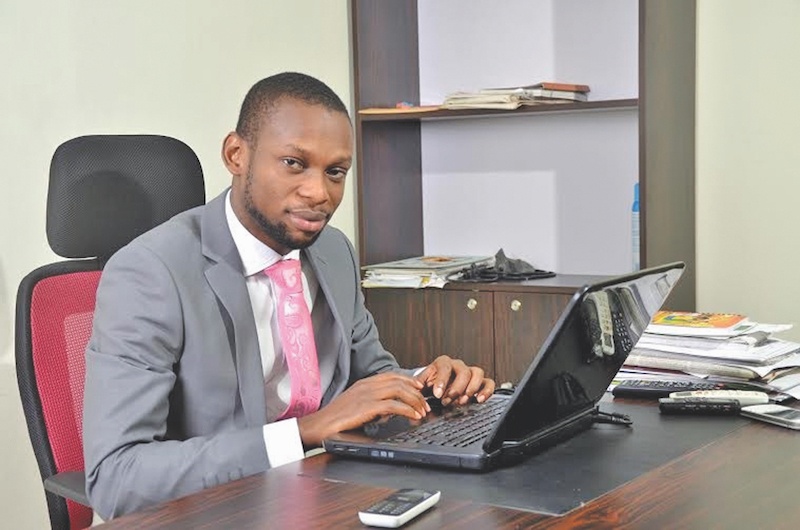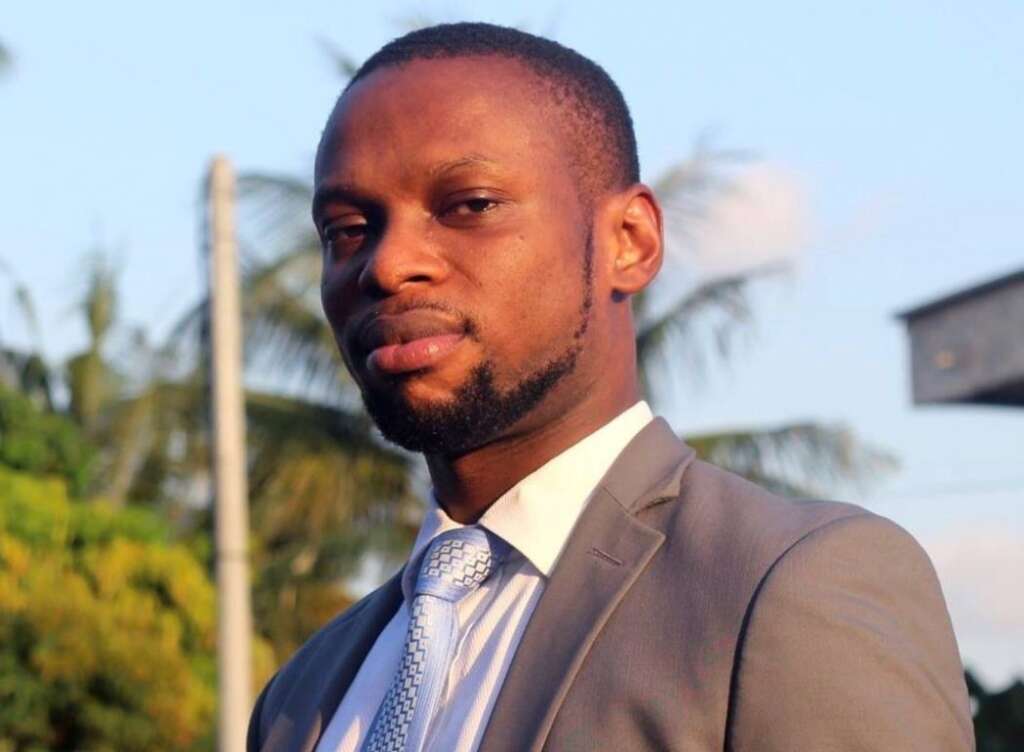Trends
Meet Fisayo Soyombo, The Famous Nigerian Investigative Journalist
Fisayo Soyombo is a Nigerian Investigative Journalist who spent 8 days as an inmate in Ikoyi Prison to uncover corruption in Nigeria’s criminal justice system.

Fisayo Soyombo is a Nigerian Investigative Journalist, a former editor at TheCable and Sahara Reporter, and the founder of the Foundation for Investigative Journalism (FIJ).
He became prominent in the media space after spending five days in a police cell as a suspect and eight days as an inmate in Ikoyi Prison to track corruption in Nigeria’s criminal justice system, after which the authorities contemplated arresting him.
Soyombo is a native of Ago-Iwoye, Ogun State, born in Abeokuta, the capital of the state, where he studied at Lawson’s Childcare Nursery and Primary School, Labso Nursery and Primary School, and African Church Grammar School, Ita-Iyalode, Owu.
He spent a year at the Federal University of Agriculture, Abeokuta (FUNAAB) in 2003, before proceeding to the University of Ibadan in 2004 to study Agriculture, eventually graduating with a B. Agric. in Animal Science.
Career

Fiyosoyombo Spent 8 days in ikoyi prison to uncover corruption in Nigeria’s criminal justice system.
Fisayo began his career as a journalist as an intern at TheGuardian, a RNN. He was placed on the Sunday desk under the editorship of Jahman Anikulapo.
On completion of his NYSC in February 2011, Soyombo left TheGuardian for Content Watch, a pro-local content oil and gas magazine. From Content Watch, he moved to ‘Jobmag’, a human resource magazine briefly published by The JobMag Centre, and from there he joined The Will, from where he joined the defunct Flair Nigeria.
In April 2014, Fisayo joined TheCable, initially arriving as the founding News and Feature Editor before earning promotion within a month to become the Founding Editor. He left TheCable in January 2017 and joined the International Centre for Investigative Reporting (ICIR) as the Editor, from where he joined Sahara Reporters as Managing Editor between May 2018 and June 2019.
He left Sahara Reporters after a year to continue working as a freelance investigative reporter and founded the non -profit investigative journalism organization, FIJ in the year 2020.
Notable Investigative Works

Soyombo once disguised as a clearing agent to reveal the decay in the Nigerian Customs Service. He also did an undercover report titled “With N46,000 bribe, I drove a ‘stolen’ car from Abuja to Lagos, and back!” published in May 2018. Soyombo reported that over two days, he drove an equivalent of a stolen vehicle from Nigeria’s capital, Abuja, to Lagos without being apprehended by the police, despite passing 86 checkpoints.
In 2019, he went undercover to reveal the rampant corruption in Nigeria’s justice system, focusing on the police and the prison service. Soyombo spent days at the Pedro Police Station, Shomolu, Lagos, under the cover name “Ojo Olajumoke”. He also spent eight days at the Ikoyi Prison in Lagos.
TheGuardian then reported that there were plans by the Nigerian security forces to arrest Soyombo, forcing him to go into hiding for some time. The Nigerian Correctional Service (NCS) immediately denied making any attempt to arrest him.
This led to the birth of the Twitter hashtag #KeepFisayoSafe where journalists and other Nigerians demanded his protection from harm
The following month, Soyombo went undercover again, this time spending 10 days as a patient at the Federal Neuropsychiatric Hospital, Yaba, Lagos, colloquially known as ‘Yaba Left’.
In January and February 2021, he published ‘Portraits of Blood’, the only attempt by any journalist to list the casualty toll from the bullets unleashed by the Army on protesters at the Lekki Toll Plaza on October 20, 2020.
His most impactful investigation is the five-part series ‘Forgotten Soldiers’, a hard-won exploration of the soldiers who got injured fighting Boko Haram on the battlefield but were abandoned by the Army and the government.
